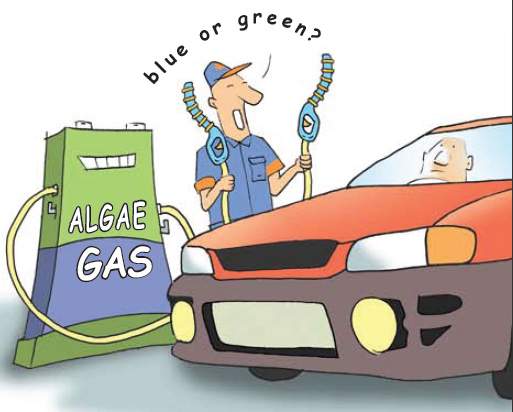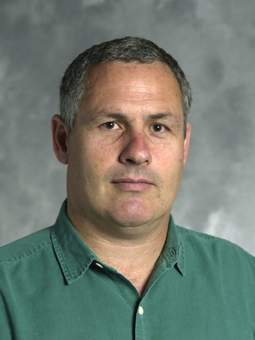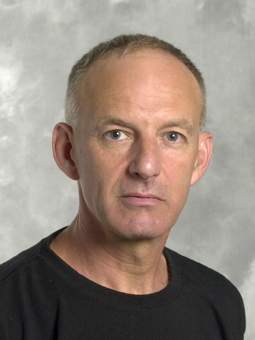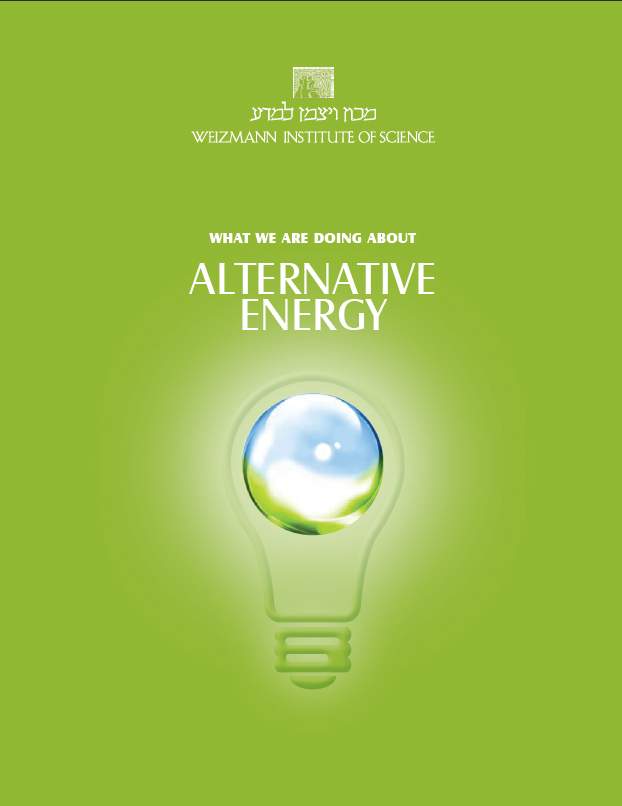
Tiny algae – simple, single-celled life forms that can be found in oceans, lakes and even on land when there’s enough moisture to sustain them – might hold one of the solutions to the fuel crisis. Diverting arable land to such crops as corn and sugar cane for ethanol production is problematic, not only because of rising global food prices, but because the ecological impact is unclear, at best. Algae, on the other hand, can be grown with marginal resources where they won’t compete with food plants. Algae also grow faster than plants and produce higher biomass in a shorter time. Best of all, some kinds of algae produce biomass that contains as much as half their weight in oil – oil that can easily be converted to biodiesel.


Profs. Avihai Danon of the Plant Sciences Department and Uri Pick of the Biological Chemistry Department are, with support from AERI, investigating several different strains of algae. They have begun with the basics, unraveling the ways in which these plant-like microorganisms use sunlight and CO2 to grow and to store energy. In particular, they are studying how the different algae maintain the tradeoff between growth and oil production. Once they have identified the genes involved in regulating the algal metabolism, says Danon, they’ll have the tools to develop ways to control the processes themselves. Eventually, they hope to create ”superalgae” that could be grown in a controlled and environmentally suitable fashion to yield an estimated 30 times the oil output of the best plant crops. Such algae, which would be harvested year-round and produce little waste, could be farmed near power plants, where they would convert excess CO2 to oil, making them a truly green alternative.
Prof. Avihai Danon’s research is supported by Mr. and Mrs. Yossie Hollander, Israel. Prof. Danon is the incumbent of the Henry and Bertha Benson Professorial Chair.
Prof. Uri Pick’s research is supported by Mr. and Mrs. Yossie Hollander, Israel. Prof. Pick is the incumbent of the Charles and Louise Gartner Professorial Chair.






















